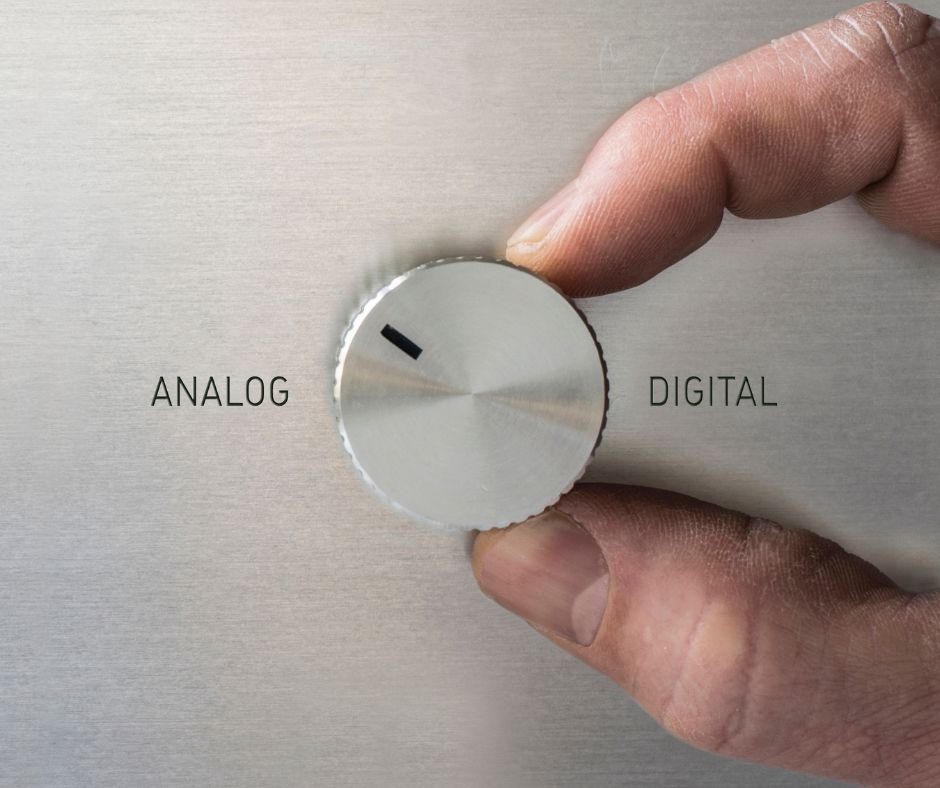From Analog to Digital: Contrasting Life Before and After the Internet Age
Category : Nextelle Wireless | Sub Category : Nextelle Wireless Posted on 2025-04-25 14:16:13

The
internet age has resulted in a fundamental shift in the way people live, work,
and connect with the world. Before the internet age, communication was mostly
restricted to traditional methods such as letters, landline phones, and
face-to-face conversations. Correspondence was sluggish, relying on mail
systems for long-distance contact. With the advent of the internet,
communication has become immediate and worldwide. Email, social media, and
messaging applications have transformed how people communicate, bridging
distances and allowing for real-time conversations throughout the world.
In the
past, tangible resources like libraries, newspapers, and encyclopedias limited
access to information. Research and study frequently required time-consuming
trips to libraries and dependence on printed sources. The internet ushered in a
digital revolution, with massive amounts of information available at the push
of a mouse. Search engines, internet databases, and digital media have
democratized knowledge, giving people unparalleled access to information from
multiple sources.
Before
the internet, people relied on traditional media such as television, radio,
newspapers, and tangible copies of books, music, and movies. The digital
revolution has altered the way people consume entertainment and media.
On-demand material is available through streaming services, e-books, online
music platforms, and video-sharing websites, allowing users to personalize
their leisure experiences and break free from the confines of scheduled
programming.
The
move from analog to digital has caused considerable changes in the workplace.
Before the Internet, office work required laborious paperwork, typewriters, and
traditional communication channels. The digital era has brought computers,
email, video conferencing, and collaborative online platforms, radically
changing the mechanics of work. Remote work has grown increasingly possible,
and the classic office space notion has transformed with the introduction of
digital communication technologies.
During
the analog age, commerce relied on actual stores, cash transactions, and
traditional advertising tactics. The Internet has transformed commerce with
e-commerce platforms, online banking, and digital marketing. Consumers may now
purchase from the comfort of their own homes, compare costs instantaneously,
and connect to a worldwide marketplace. The digital era has changed consumer
behavior by making information and options more accessible than ever before.
Before
the Internet, most social interactions were local and face-to-face. Social
circles were frequently restricted to one's local surroundings. The digital age
has transformed social interaction by increasing social networks
internationally via social media platforms. Online forums, video conversations,
and virtual connections have become essential to how people connect and sustain
relationships.
The
shift from analog to digital has brought new questions about privacy and
security. In the past, personal information was mostly maintained in tangible
forms, and communication was less vulnerable to cyber dangers. The digital era
has brought along difficulties such as online privacy, data breaches, and the
necessity for strong cybersecurity measures to secure personal information in
the digital arena.
In
conclusion, the transition from analog to digital marks a dramatic journey that
has impacted all aspects of human life. While the analog period has its beauty
and peculiarities, the internet era has brought unprecedented ease,
connectedness, and access to information. Understanding the differences between
life before and after the internet age reveals important insights into the
enormous influence of digital innovations on how we live, work, and manage the
complexity of the contemporary world.
Visit our website at https://www.nextelle.net/.
#Internet
#Internetconnection #Internetconnectivity #NextelleWireless
Search
Categories
Recent News
- Impact of Smart Phones on Society
- The Inclusion of Unlimited 5G Data: The Next Level
- Cellular Plans: Choosing the Right Fit for Your Communication Needs
- AirPlay Smartphone: Seamlessly Connecting Your Digital World
- App Stores for Smartphones
- Protecting Your Cyber Security on the Internet
- The Rollout of 4G Networks
- WiFi vs. Cellular Data: Unveiling the Benefits